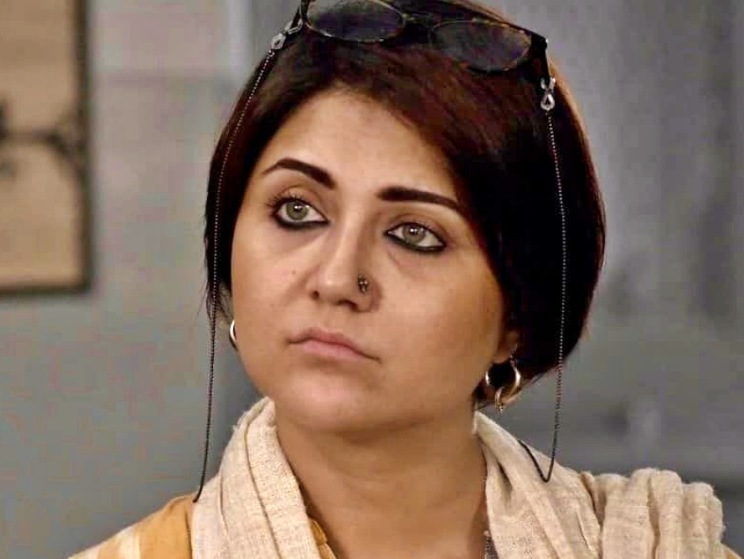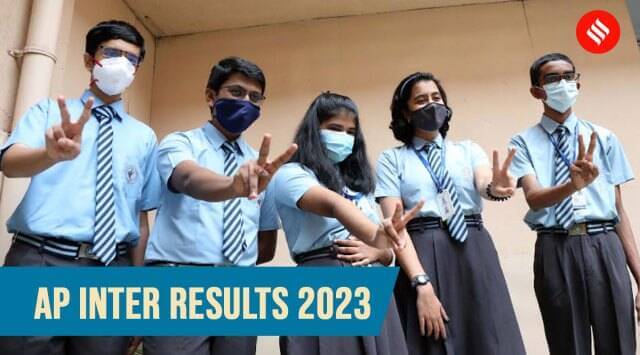
Filmmaker Vivek Agnihotri recently took to Twitter to express his disappointment with the state of Bollywood, calling it a “bad shape”. The tweet was in response to a box office report which revealed that recent films such as Bholaa, Shehzada, and Tu Jhoothi Main Makkaar failed to match the commercial success of Shah Rukh Khan’s Pathaan. Agnihotri expressed his concern that actors are being paid “unrealistic and exorbitant fees” despite their poor performances, and that the majority of the industry’s funds are being wasted on the stars’ lavish lifestyles and vanity.
The report cited by Agnihotri revealed that Bholaa is expected to earn around ₹50 crore at the domestic net box office, having already made over ₹44 crore in its extended opening weekend. Meanwhile, Dasara is closing in on the ₹100 crore grossing club worldwide, having raked in ₹87 crore in its opening weekend at the international net box office. However, despite these respectable numbers, they are still far from the phenomenal success of Pathaan, which broke box office records and became the most successful Hindi film of all time, even surpassing the Hindi version of Baahubali.
Agnihotri had previously criticised Pathaan in connection with the controversy surrounding the song Besharam Rang, but later praised Shah Rukh Khan for his role in saving the film from boycott calls. He credited Khan’s charisma and fan following, as well as his effective marketing strategy and willingness to take responsibility for the film’s success. Agnihotri also suggested that the controversy and boycott calls from certain groups actually helped to promote the film, thanks to media coverage and public curiosity.
The filmmaker’s concerns about the state of Bollywood are not unfounded, as the industry has faced criticism in recent years for its lack of originality, nepotism, and tendency to rely on formulaic plots and big-name stars. The high fees paid to actors and other industry figures have also been a point of contention, especially given the comparatively low salaries earned by many other workers in the industry. However, Agnihotri’s comments about the “vanity and lifestyle” of stars may be seen by some as unfair or overly harsh, as many actors and actresses work hard to maintain their appearance and public image as part of their profession.
Overall, Agnihotri’s tweet highlights the ongoing challenges facing the Indian film industry, as well as the importance of balancing commercial success with creative integrity and social responsibility. As audiences become more discerning and demanding, filmmakers and actors will need to work harder to create meaningful and engaging content that resonates with viewers and reflects the diverse and complex realities of Indian society. At the same time, the industry will need to address issues of inequality, diversity, and ethical conduct in order to build a more sustainable and inclusive future.









